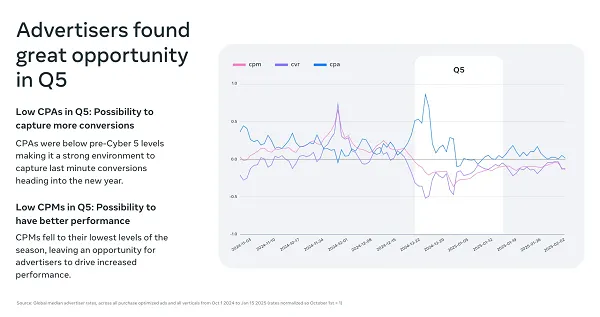Key Notes
- The project deploys over $2 million in Avalon A15 Pro miners at gas well sites, utilizing stranded energy resources.
- Aurora’s system enables below-average mining costs while offering grid power resale during peak periods.
- Canaan generates 2.5 megawatts from 700 units, targeting expansion as AI infrastructure demand grows globally.
Canaan Inc. announced on October 13 that it has initiated a pilot mining project in Calgary, Alberta, converting flared natural gas into power for high-density computing. The effort demonstrates new energy strategies in Bitcoin
BTC
$114 822
24h volatility:
0.4%
Market cap:
$2.29 T
Vol. 24h:
$63.34 B
mining and HPC/AI data centers, addressing environmental concerns.
The Bitcoin miner company is collaborating with Aurora AZ Energy Ltd., an energy infrastructure firm specializing in natural gas wellhead power for data centers and Bitcoin mining. The partnership focuses on converting wellhead gas into cost-efficient electricity for computing operations.
Canaan will provide 90% guaranteed uptime, except during periods of extreme weather or scheduled maintenance.

Announcement of the program pilot in the Telegram group of Canaan | Source: Telegram
How Much Equipment Will be Installed?
The deployment consists of over $2 million worth of Avalon A15 Pro miners and modularized data centers installed directly at gas well sites, according to the announcement.
Aurora’s system converts stranded or flared gas into electricity, allowing Canaan to operate mining equipment at rates below industry averages. There is also a provision for selling excess power back to the grid during specific periods.
“High-density computing – whether for bitcoin mining, AI inference, or HPC workloads – requires scalable and energy-efficient power architectures. By integrating localized natural gas generation with our modular computing systems, we are transforming previously wasted resources into productive energy with the potential to power the next generation of distributed AI infrastructure,” said Nangeng Zhang, chairman and CEO of Canaan.
Green Use of Bitcoin Mining?
The project is expected to eliminate 12,000 to 14,000 metric tons of CO₂-equivalent emissions each year by utilizing gas that would otherwise be burned off. This model provides off-grid energy, reducing demands on the local electrical infrastructure, and keeps gains from Bitcoin mining. These kinds of initiatives are not new; this year, the public UK company Union Jack Oil announced a similar program, and such projects have been ongoing since 2020.
In this project, the company will deploy 700 Avalon A15 Pro units. Canaan anticipates a generation capacity of roughly 2.5 megawatts at the wellhead as the demand for energy-intensive computational work expands, particularly among hyperscalers – providers of cloud computing on a large scale – who are investing significantly in AI in 2025. Models like this are poised to both expand computing capacity and enhance energy efficiency.
If the pilot is successful, it is projected to invest roughly $350 billion in AI rollout by 2025, driving demand for energy-efficient infrastructure. Canaan and Aurora intend this pilot to serve as a template for future global expansion of computing applications tied to responsible energy practices.
Disclaimer: Coinspeaker is committed to providing unbiased and transparent reporting. This article aims to deliver accurate and timely information but should not be taken as financial or investment advice. Since market conditions can change rapidly, we encourage you to verify information on your own and consult with a professional before making any decisions based on this content.

José Rafael Peña Gholam is a cryptocurrency journalist and editor with 9 years of experience in the industry. He wrote at top outlets like CriptoNoticias, BeInCrypto, and CoinDesk. Specializing in Bitcoin, blockchain, and Web3, he creates news, analysis, and educational content for global audiences in both Spanish and English.















